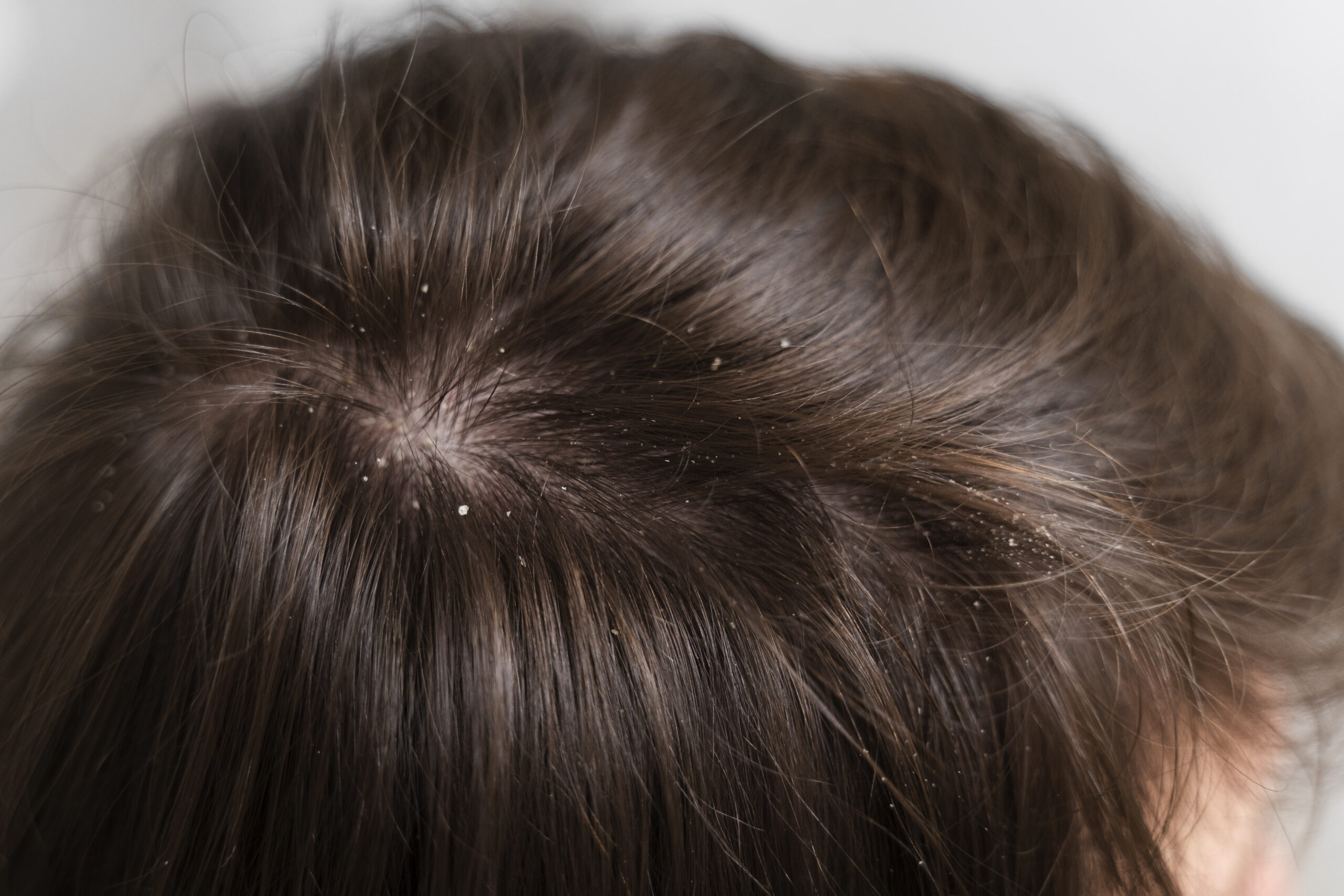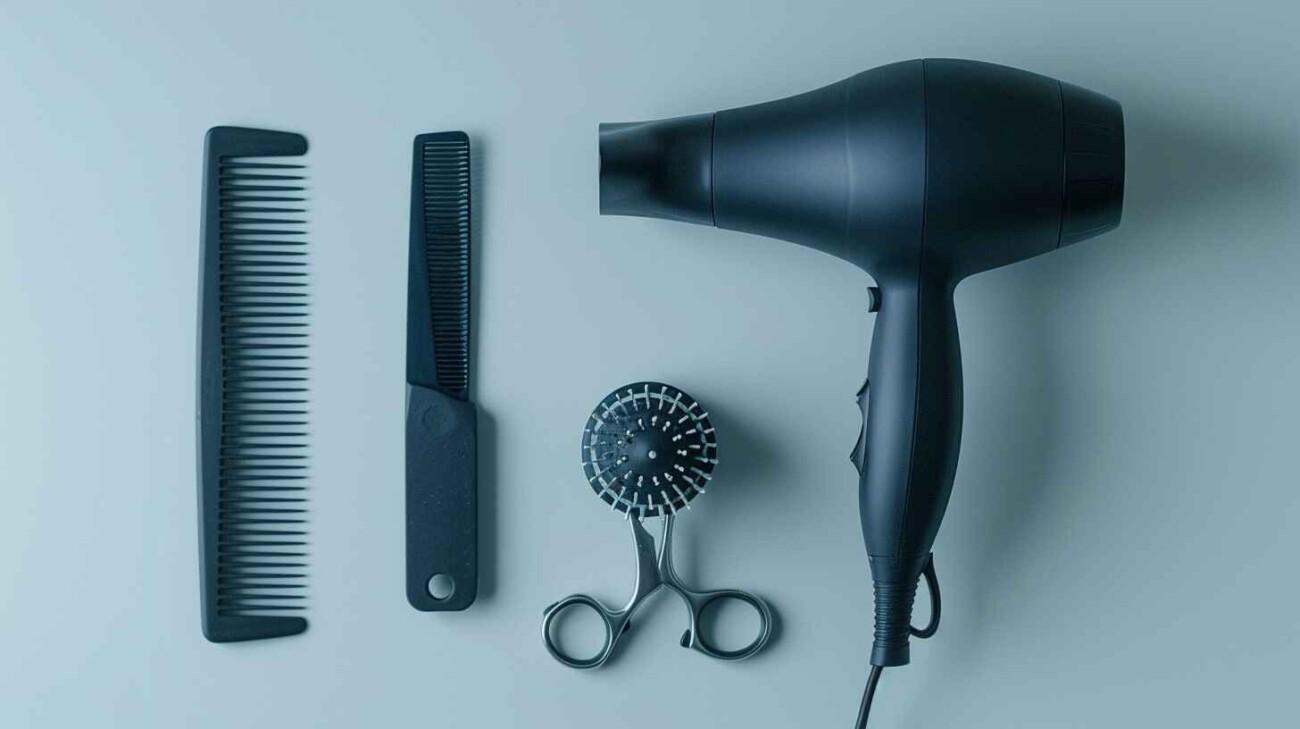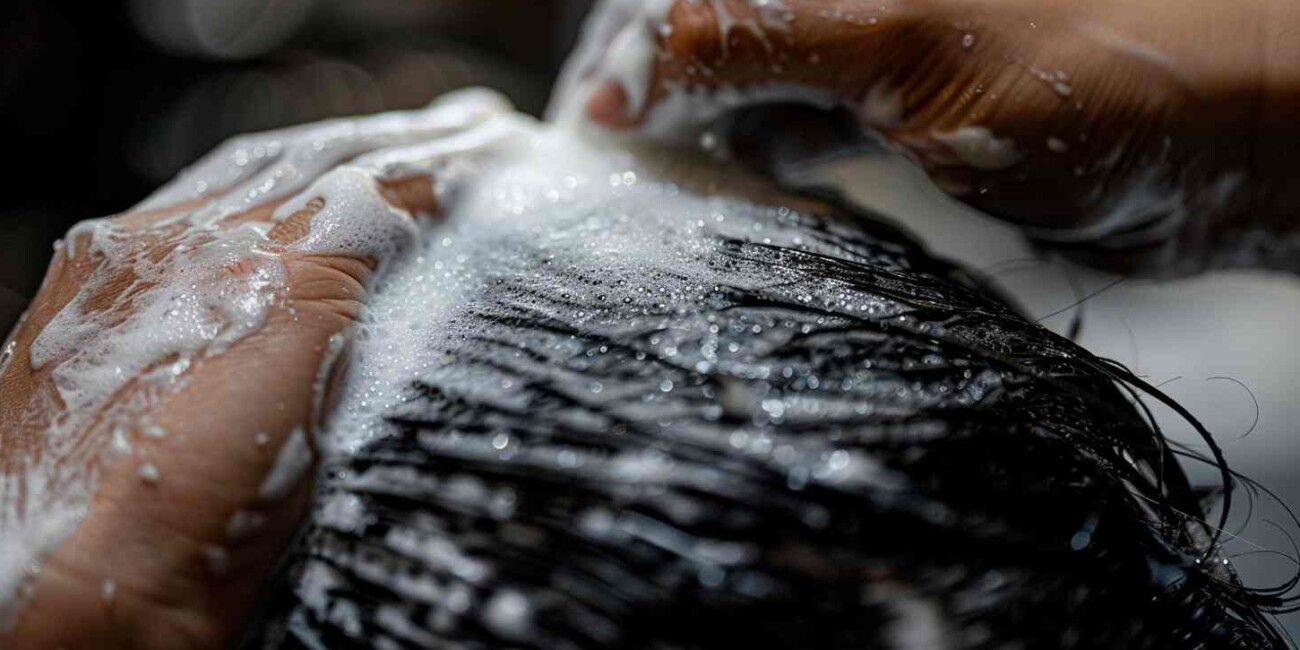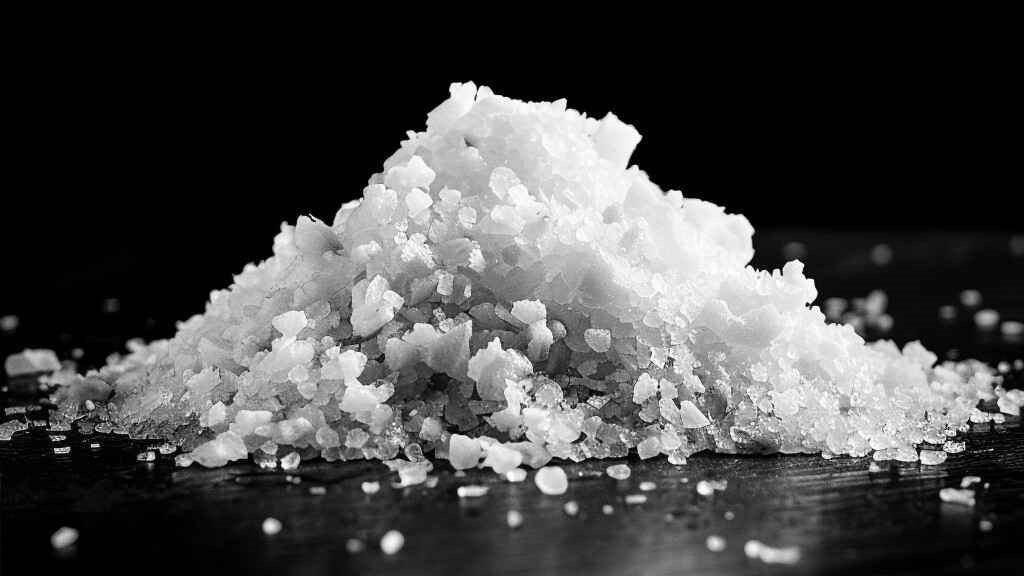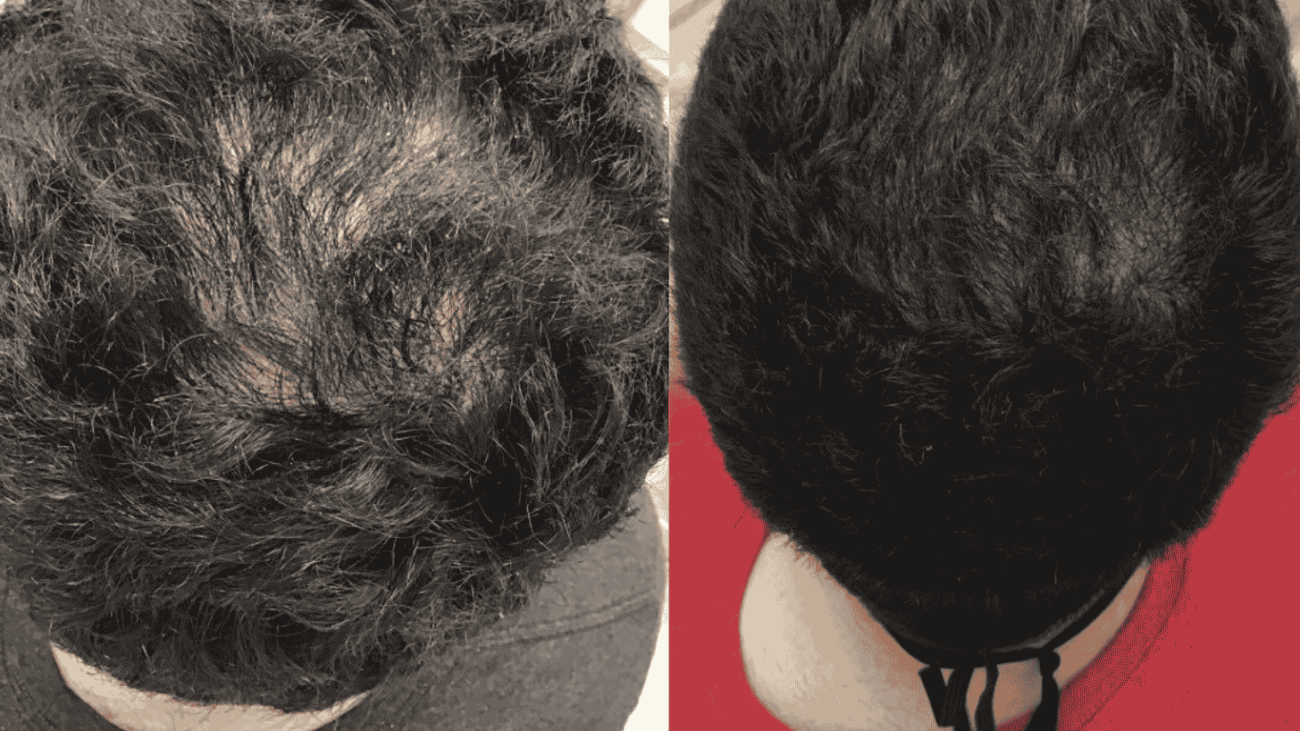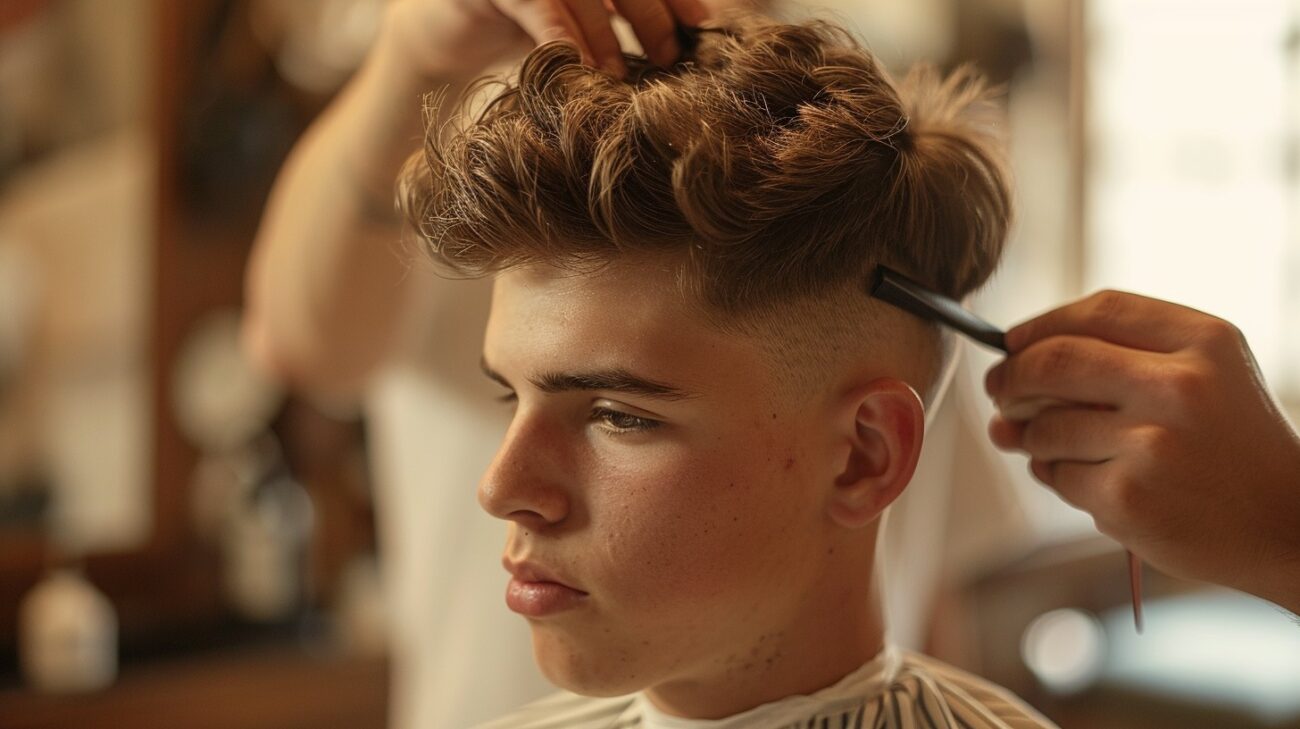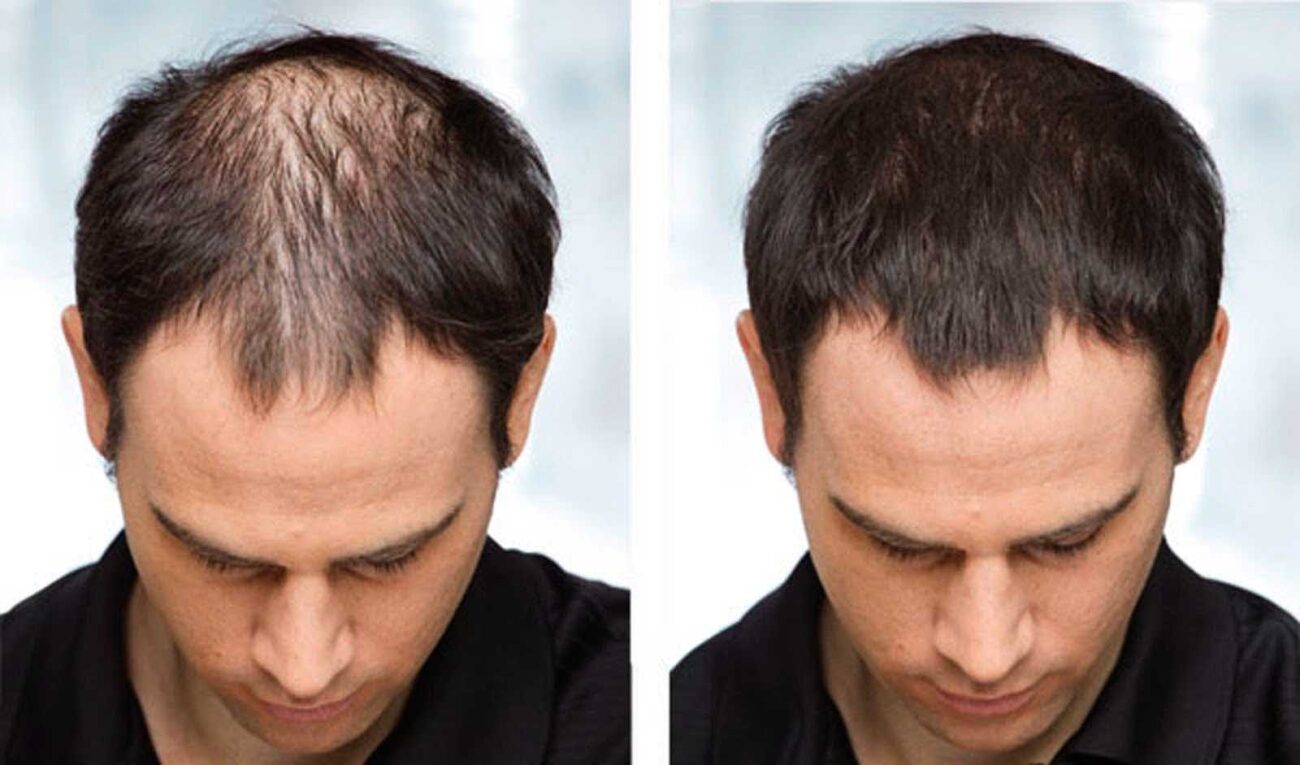Dandruff is an uncomfortable condition that almost everyone has faced. Yet, despite its presence, there is still a lot of misinformation floating around. There are a few stories where people follow misleading pieces of information and catch up with bigger scalp problems. On the other side, peers who know the correct guidelines can prevent almost every problem with dandruff. This blog aims to provide accurate information oncauses, treatments, and common myths about dandruff.
What is dandruff?
We all know that dandruff is flaky skin on the scalp. It’s often accompanied by itching, but it’s not about dry skin. To know its process, we should know the science behind dandruff. A yeast-like fungus, Malassezia, causes dandruff. It lives on the scalp of most adults. This fungus bursts forth in uncontained expansion. It can cause irritation that leads to the overproduction of skin cells. These cells then die and shed, creating the flakes that we see as dandruff.
Common Symptoms and Signs
The most obvious sign of dandruff is the white flakes on your shoulders. But, there are other symptoms too. These include:
- Itchy scalp
- Redness
- Dry or oily-feeling scalp
Recognising these signs is essential for dandruff control. Here comes ten common myths about dandruff.
Myth 1: Poor hygiene causes dandruff
One of the most common myths about dandruff is that dandruff is a result of not washing your hair enough. While it’s true that not washing your hair can lead to a buildup of oil and dead skin, which might look like dandruff, poor hygiene is not the root cause. Remember, the overgrowth of Malassezia fungus is linked to dandruff, not how frequently you wash your hair.
Why Washing more Does not always help?
In fact, washing your hair too often can strip your scalp of its natural oils which leads to dryness and might also worsen dandruff. It is about finding a balance - keeping your scalp clean without overdoing it.
Myth 2: Dandruff Is Spreadable
One of the common myths about dandruff is that it is contagious. This is completely untrue. You can’t catch dandruff from someone else. It is not like lice or cold. Dandruff is a condition of your scalp’s biology and nature and not something you can spread through contact.
Unfortunately, this myth has spread. It embarrasses people with dandruff in social situations. Thus, it is important to understand that dandruff is a common, non-spreadable condition that should not be blamed for shame.
Myth 3: Dandruff Only Affects People with Dry Scalps
If someone says, “You are lucky to have a dry scalp that won't bare dandruff” - simply say this to them. Irrespective of the scalp’s nature, one has every chance of getting dandruff - especially oily scalps are just as likely to suffer from dandruff. The Malassezia fungus thrives in oily environments. So, those with oily scalps are more likely to have dandruff.
Whether your scalp is dry or oily, the underlying cause of dandruff remains the same: an overgrowth of Malassezia. So, it’s not about the type of scalp you have but rather how your scalp reacts to this fungus.
Myth 4: Dandruff Will Go Away on Its Own
Some people believe that dandruff is just a temporary scalp issue that will go off on its own. This is one of the most common myths about dandruff. To be honest, that is not usually the case. If you leave dandruff untreated, it can persist and even worsen over time, which leads to more severe itching and flaking.
Consistent treatment and scalp care are essential to manage dandruff effectively. This might include using anti-dandruff shampoos and moisturising your scalp. If possible, consult a dermatologist for severe dandruff.
Myth 5: Dandruff Is Caused by Using the Wrong Shampoo
It is easy to blame your shampoo for having dandruff. But the truth is a bit more complicated. Some shampoos can irritate the scalp and increase dandruff. But, dandruff is not caused by using the "wrong" shampoo. But, the best anti-dandruff shampoos have zinc pyrithione, salicylic acid, or ketoconazole. These can help manage dandruff.
How Some Shampoos Can Help or Harm the Scalp
Using harsh shampoos can strip the scalp of its natural oils, leading to dryness and flaking. On the other hand, shampoos formulated for dandruff can help control the fungus and reduce symptoms. It’s all about finding the right product for your scalp.
Myth 6: You Should Scratch Your Scalp to Get Rid of Dandruff
When your scalp itches, the hands automatically reach the head to scratch, but this can make things worse. Scratching can irritate the scalp, leading to inflammation and even small wounds that can get infected. It is best to control the urge to scratch and focus on treating the core cause.
If your scalp is very itchy, try a soothing treatment or a shampoo with menthol or tea tree oil. These can calm the irritation. Keeping your scalp hydrated can also reduce the urge to scratch.
Myth 7: Natural Remedies Can Cure Dandruff
There are a variety of natural remedies viewed as cures for dandruff. From apple cider vinegar to coconut oil, everyone thinks they can kill dandruff with no other treatments. While some of these might provide temporary relief, they are not a cure. The efficiency of natural remedies varies and they might only partially solve the cause of dandruff.
If you've tried natural remedies and still have dandruff, consider other treatments or see a dermatologist. Constant dandruff may need medicated shampoos or treatments. Only a healthcare professional can prescribe them.
Myth 8: Dandruff Is Just a Cosmetic Issue
People often dismiss dandruff as a mere cosmetic issue, but it can have a significant impact on a person's self-esteem and mental health. The visible flakes and constant itchiness can lead to embarrassment, anxiety, and even depression in severe cases.
It’s important to recognize dandruff as an actual medical condition that affects your skin health. Just like any other skin condition, it deserves attention and proper treatment.
Myth 9: You Can’t Get Dandruff in Winter
Many consider dandruff as a summer problem. Winter can actually make dandruff worse. Cold weather often leads to dry skin (dry scalp), and indoor heating can intensify the problem. Also, hats and scarves trap moisture and oils against the scalp. This breeds the Malassezia fungus.
Your scalp needs care all year round. In winter, this might mean using a more moisturizing shampoo or adding scalp treatments to prevent dryness and flaking.
Myth 10: Only Adults Get Dandruff
Dandruff is a cruel enemy that does not see any age difference. While it is more common in adults, children and teenagers can also experience dandruff. Puberty can cause hormonal changes. They may trigger excess oil, leading to dandruff in young people.
Teaching kids and teens to care for their scalps will help them manage dandruff and avoid embarrassment. Early care with the right products can make a vast difference.
Tips for Preventing Dandruff
Regular Scalp Care Routine
Maintaining a regular scalp care routine is key to preventing dandruff. This means washing your hair often with a gentle shampoo. Moisturize your scalp. Avoid harsh chemicals.
Choosing the Right Hair Products
Using the right products for your hair type is crucial. Use shampoos and conditioners that are sulfate and paraben-free. If you're prone to dandruff, consider dandruff-specific products.
FAQs
Can stress cause dandruff?
Yes, stress can worsen dandruff. It affects hormone levels, which increase oil production. This makes dandruff worse.
Are there specific diets that help reduce dandruff?
A diet rich in zinc, B vitamins, and omega-3 fatty acids can help maintain scalp health and potentially reduce dandruff.
How often should I wash my hair if I have dandruff?
Your scalp type determines how often you should wash your hair, but it is generally recommended to use anti-dandruff shampoo 2-3 times a week.
Can dandruff lead to hair loss?
Dandruff doesn't cause hair loss. But scratching it can damage hair follicles and cause temporary hair loss.
What are the best shampoos for treating dandruff?
Use shampoos with active ingredients like zinc pyrithione, selenium sulfide, or ketoconazole. They are proven to help with dandruff.






